Clinton, Trump surge ahead
Big wins on ‘Second Super-Tuesday’ for Clinton, Trump across nation.

The American Flag (newsmax.com).
April 8, 2016
Illinois voters went to the polls on March 15 to cast their votes for who they should vote for in the general election, along with other state and county positions. Donald Trump won the GOP contest—receiving 38.8 percent of Republicans votes, with Ted Cruz coming in second with 30.3 percent and John Kasich in third with 19.7 percent of votes. Hillary Clinton won the Democratic contest by a much closer margin, receiving only 50.5 percent of Democrats’ votes.
For many LT students, this was one of the first elections that they could partake in, due to the new law that allows 17-year-olds to be eligible to vote in the primaries if they will be 18-years-old for the general election on Nov. 8, 2016.
“I am pretty pleased with the extremely high voter turnout in Illinois, which was near 45 percent, a number that is almost unheard of for primaries in our state,” Emily Dunlap ‘16 said. “I think a lot of the turnout was due to young people, who were strongly motivated to vote due to the variety of candidates and their seemingly polar opposite opinions on many pressing topics, from gay marriage to healthcare to national security.”
Although the results from the primaries mirrored what the polls projected, some were not pleased with the outcome.
“I’m not happy with the results,” Michael Gilger ‘16 said. “They show that the American people act impulsively, and don’t take the time to look into candidates and substance.”
On Tuesday, March 15, Trump also won the primaries in North Carolina, Missouri and Florida— former presidential candidate Marco Rubio’s home state. Trump’s win prompted Rubio to drop out from the race, so now there are only four Republican candidates. Ohio governor John Kasich beat Trump and won Ohio, giving his campaign the boost it need. On the Democratic side, Clinton won all five state primaries. But in Missouri, Clinton only won by 1,531 votes to Vermont Senator Bernie Sanders, an extremely slim margin.
Since the Illinois primaries, Trump has won Arizona, Cruz won Utah, Clinton won Arizona and Sanders won Idaho, Utah, Alaska, Hawaii and Washington.
“The next president will have many issues to address: should we declare war against ISIS, how should we reform/replace the Affordable Care Act, how should we make college more affordable, should funding for women’s health services be continued, should gay marriage stay legal,” Dunlap said. “The next president will address all of these topics and at least one of these topics should be important to each LT student. If any eligible voter has an opinion on literally any topic of political significance, they have no excuse to not do their research and vote for a candidate they best align with.”
The Republican National Convention will be held on July 18 and the Democratic National Convention will be held on July 25. At these conventions the parties will chose the nominee for the general election.


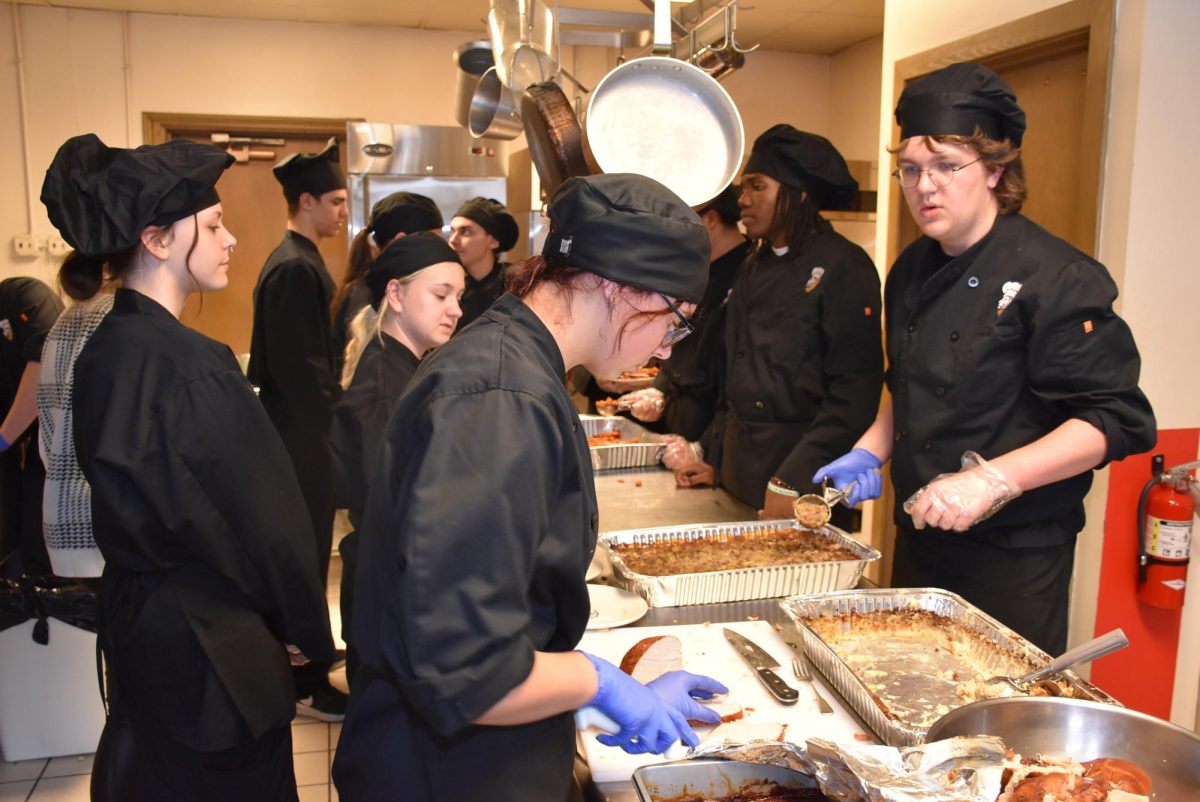

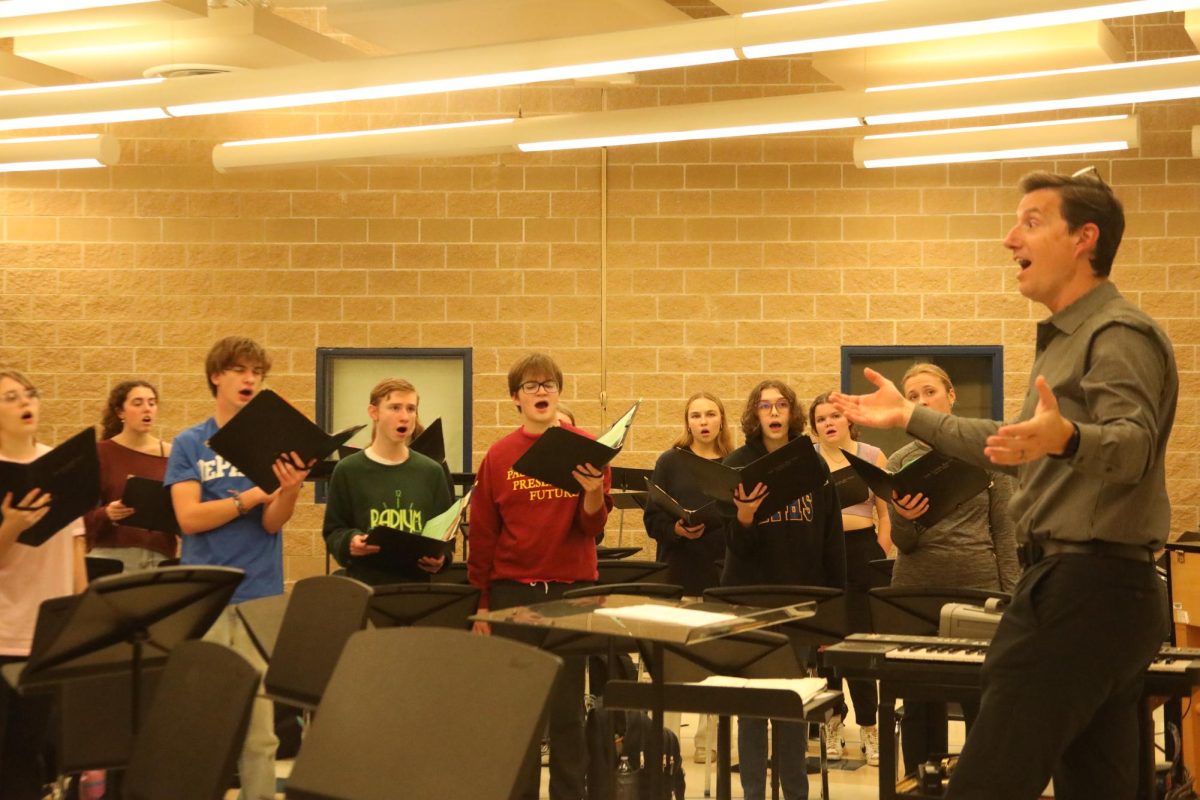





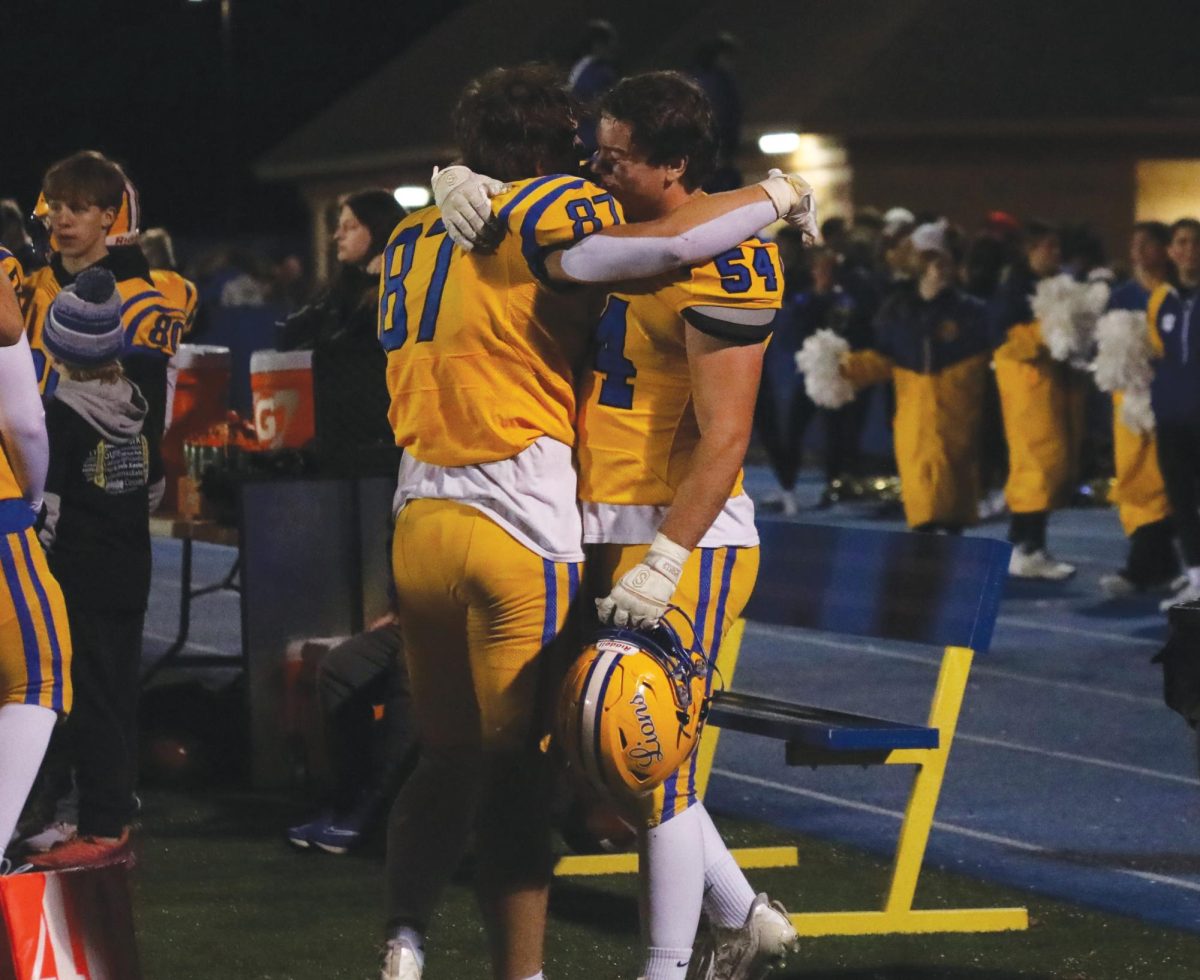







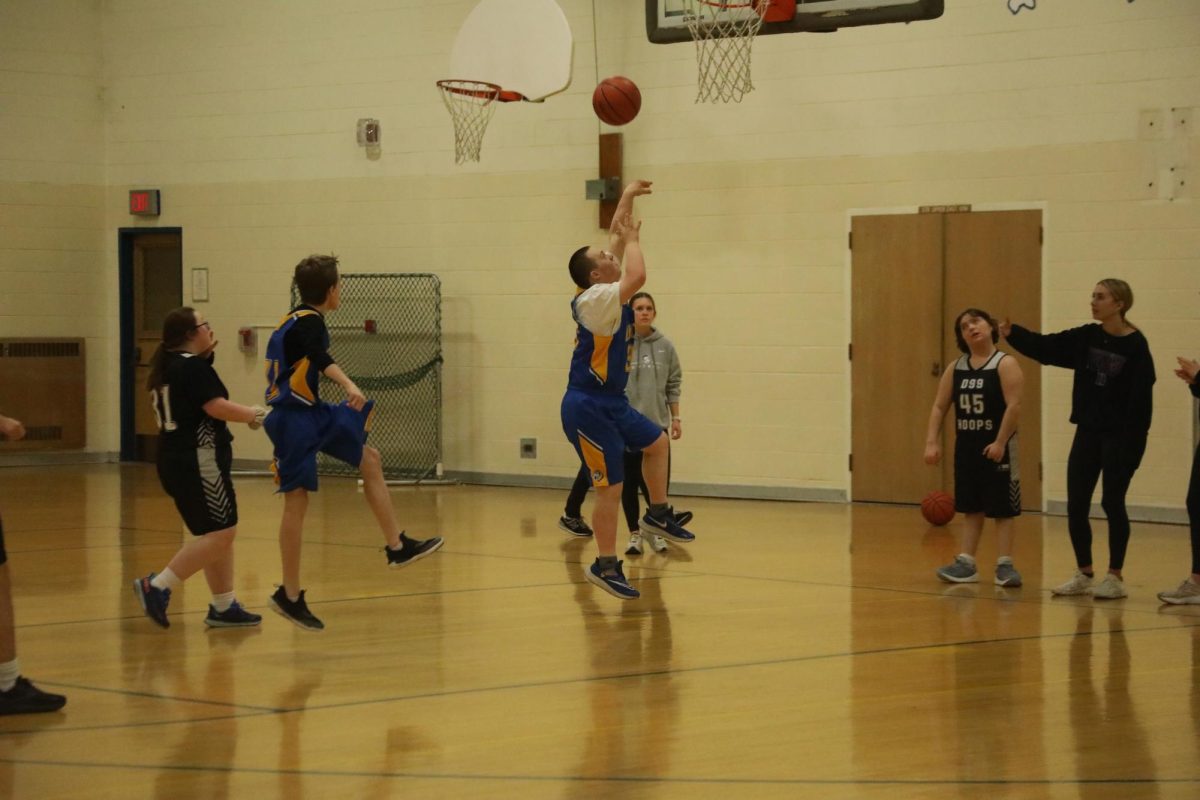
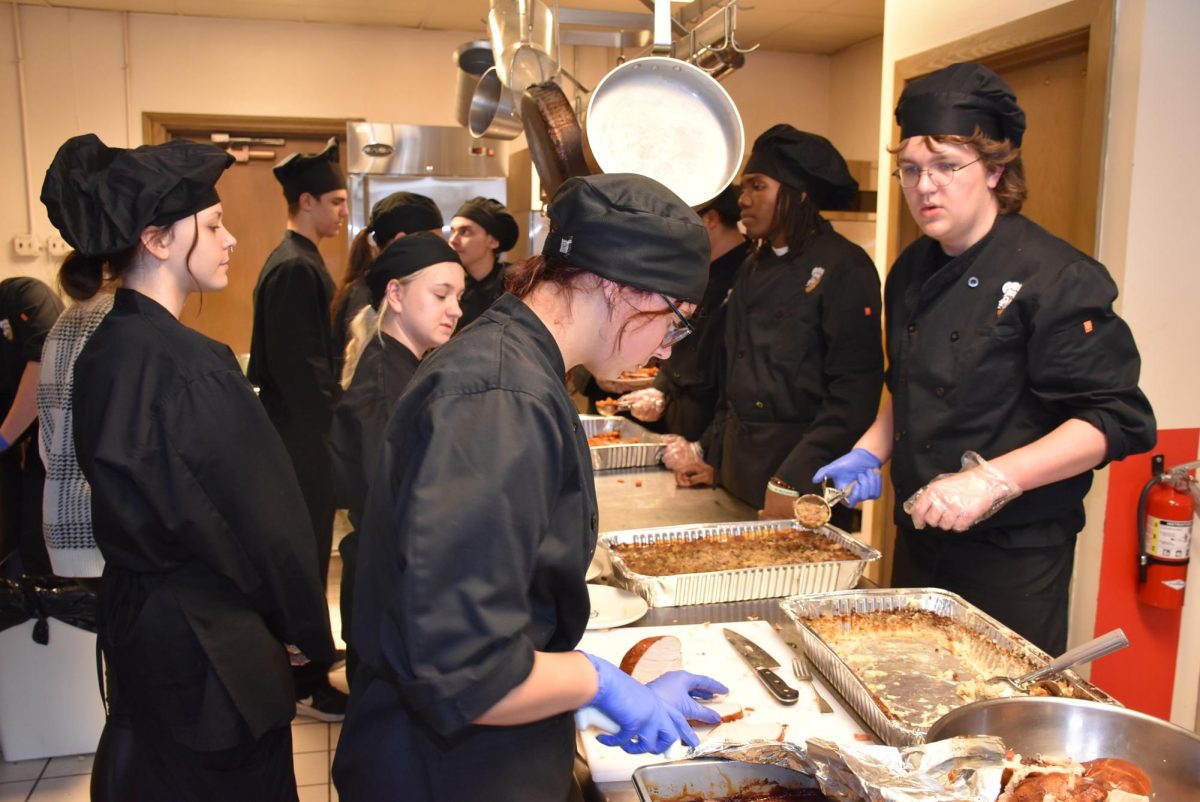


![Movie poster for '[Rec]" (2007).](https://www.lionnewspaper.com/wp-content/uploads/2023/04/rec-640x900.jpg)
